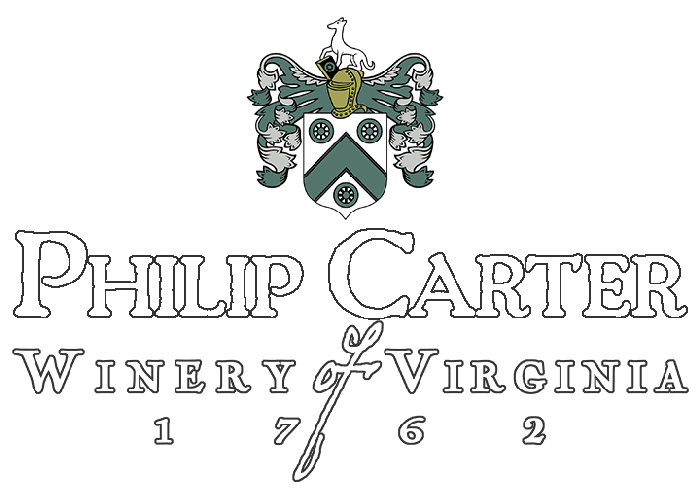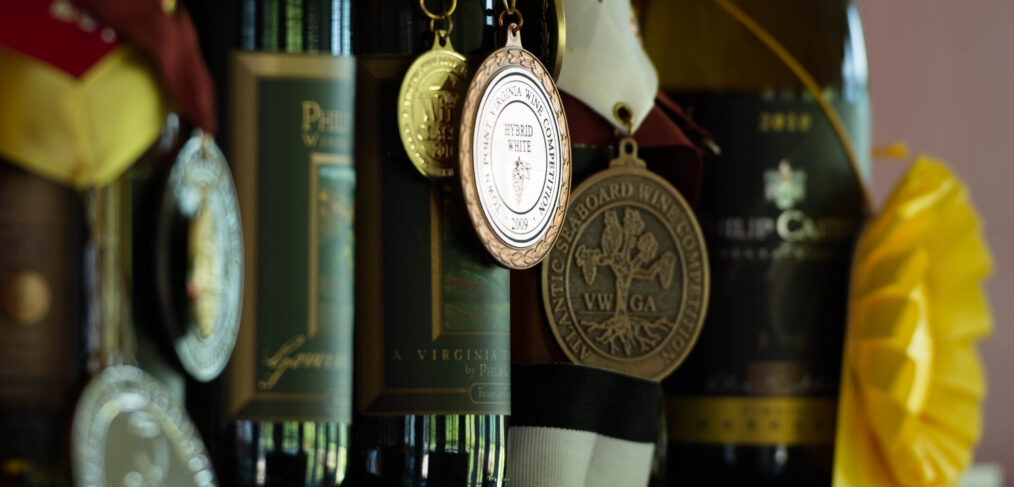What Makes A Wine Last More Than Five Years?
The color and the grape – Red wines, because of their tannin content, will generally age longer than whites. Certain red grapes, such as Tannat and Petit Verdot, tend to have more tannin, than, say, Pinot Noir.
The vintage – The better the weather conditions in one year, the more likely the wines from that vintage will have a better balance of fruits, acids, and tannins and therefore have the potential to age longer. In Virginia, recent strong vintage years were 2019, 2016, 2015, 2010, and 2007.
Where the wine comes from – Certain vineyards have optimum conditions for growing grapes, including soil, weather, drainage, and slope of the land. All of these factors contribute to producing a great wine that will taste better after aging. Our Strother Family Vineyard in Delaplane has many of these characteristics to include elevation (1,000’) , soil composition (granite and greenstone), and aspect (southeastward facing) among others.
How the wine was made (vinification) – The longer the wine remains in contact with its skins during fermentation (maceration), and if it is fermented and/or aged in oak, the more of the natural preservative tannin it will have, which can help it age longer. These are just two examples of how winemaking can affect the aging of wine. Our Cleve and Tannat wines are aged for over a year in a mixture of French and American oak, in conjunction with the factors above make these age worthy wines.
Storage conditions – Even the best-made wines in the world won’t age well if stored improperly. Best storage conditions: 55 Degrees Fahrenheit and 75% humidity.
If you’d like to discuss this topic or another at greater length both Alejandro, our Winemaker, and myself would welcome the opportunity. As mentioned above we’ll be bottling on Tuesday, July 12th and we’ll be available for conversation for the better part of the day (outside of the work component). If you are interested in volunteering please email nora@pcwinery.com!
-Dale Clemence
Assistant Wine Maker

